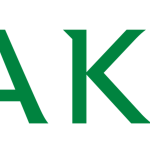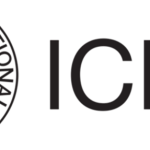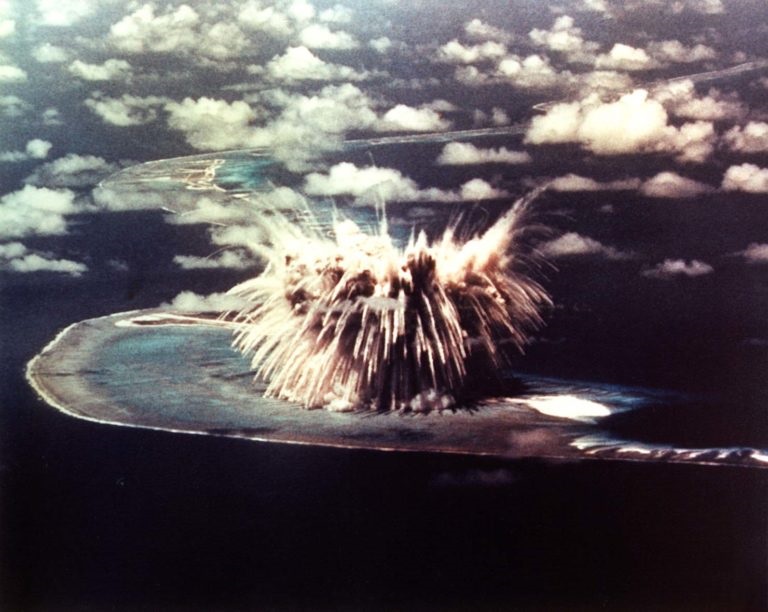Russia has rejected a World Health Organization initiative to update its assessment of the health effects of nuclear weapons use, breaking with nations still grappling with the devastating legacy of Cold War-era explosions. The opposition comes as Russia has threatened to resume nuclear testing amid its war in Ukraine.
In regions known as “sacrifice zones,” where thousands of nuclear tests have left the soil poisoned and communities ravaged, residents continue to face elevated rates of cancer and birth defects decades after the last Soviet-era detonations.

“The Russian delegation is not in favour of discussing this topic,” Russia’s representative told the WHO Executive Board on Saturday, arguing that “the negative impact of the destructive factors of nuclear explosions on humans and the environment, on which we have sufficient scientific data, is already obvious.”
The proposed initiative, which needs to be approved by the EB in order to go before the entire World Health Assembly in May, would update WHO’s guidance on the “Health effects of nuclear weapons and nuclear war on health and health services”, last revised in 1993. It is co-sponsored by the Marshall Islands, Micronesia and three other Pacific island states, as well as Iraq and Kazakhstan – regions where fall out from nuclear testing continues to have devastating health consequences generations after test explosions by either Russia or the United States.
“Nuclear weapons do not discriminate and have catastrophic consequences on health and the environment,” Samoa’s delegate said. “In the interest of health and in the interest of humanity, we need to ensure that nuclear weapons and nuclear war are fully understood.”

The expert study would cost $540,000, according to a cost assessment submitted to the EB. Kazakhstan called the cost a “modest but necessary investment in global health security.”
“The Pacific region has a painful nuclear legacy,” the Marshall Islands’ representative said. After taking control from Japan in 1944, the United States conducted 67 nuclear tests there. The delegate noted that “many other countries with similar nuclear legacies” would benefit from the resolution.
The initiative was dismissed by North Korea, which joined Russia in opposition. North Korea’s foreign policy relies heavily on its nuclear threat, and it has threatened nuclear strikes against targets like Guam. “Sufficient research and analysis in this regard has already been conducted,” its delegate said.
The last nuclear test was conducted in 2017 by North Korea. The U.N. Treaty on the Prohibition of Nuclear Weapons bans all forms of nuclear testing.
Nuclear threats

The two nations opposing the WHO health study — Russia and North Korea — come as both face international scrutiny over their nuclear threats.
Russian President Vladimir Putin has repeatedly threatened nuclear weapon use during his invasion of Ukraine. Russia has lowered its threshold for nuclear weapon use, placed its arsenal on heightened alert, and deployed tactical nuclear weapons to Belarus – the first time since the Soviet Union’s collapse in 1991.
Putin’s threats to resume nuclear testing carry particular weight for nations like Kazakhstan that still bear the scars of Soviet-era explosions. These threats followed Russia’s withdrawal from the New START treaty — the last remaining agreement limiting nuclear weapons between the United States and Russia.
North Korea, meanwhile, has deepened ties with Russia throughout the Ukraine war, providing millions of artillery shells and ballistic missiles in exchange for economic support and military technology that experts warn could enhance its nuclear capabilities.
“The additional research proposed by a number of countries as regards the consequences of using nuclear weapons, are not capable of introducing radically new elements to international discourse on nuclear weapons,” Russia’s delegate said. Russia will “once again raise the issue of counterproductiveness of adopting this draft resolution” at the World Health Assembly in May, he said.
The WHO’s EB moved to suspend debate on the initiative until the end of the session next week. The Board has taken the same move on every draft decision and resolution to come before it so far – with the exception of aid to Gaza – due to the WHO budget crisis triggered by the US announcement last month that it is withdrawing from the global health agency, to which it is the largest single contributor.
Haunting health legacy of nuclear testing

Since the invention of the atomic bomb, Russia has conducted hundreds of nuclear weapons tests among more than 2,000 detonations worldwide. The United States is responsible for the largest share – nearly half – followed by France, the United Kingdom and China.
Five hundred of these tests were conducted in the atmosphere rather than underground, releasing radiation equivalent to 29,000 Hiroshima bombs. The radioactive particles dispersed remain in the soil, air and water around test sites decades later. “The legacy of nuclear testing is nothing but destruction,” U.N. Secretary-General António Guterres said in 2019.
Health impacts persist across generations
The health impacts persist across generations. Hereditary cancers, chronic health conditions and birth defects — from missing limbs to infants born with cancer — continue to afflict indigenous populations living near the more than 60 sites where nuclear explosions were conducted since 1945.
In the Kazakh steppes, where Russia detonated hundreds of nuclear bombs throughout the Cold War, populations in nearby cities like Semipalatinsk, home to 120,000 people just 75 miles from the testing site, were blanketed in radioactive ash. Doctors were forbidden by the government from diagnosing cancers, while authorities maintained the tests had no adverse health effects.
“Local people began to get sick and die young. Women suffered through miscarriages, complicated pregnancies, and stillbirths. Babies were born with missing limbs, Down syndrome, and other disabilities linked to radiation exposure,” according to the Carnegie Endowment for Peace.

A series of studies by Kazakhstan’s Institute of Radiation Medicine and Ecology found significantly higher mortality rates amongst those exposed to radiation, with elevated risks of serious illness continuing through their children and grandchildren. The data on the fourth generation remains under study, but ongoing birth defects and elevated cancer rates in the region suggest the fallout will affect their health too.
“If you travel to the villages near the former testing site, you’ll meet small children born without limbs or sick with cancer, suggesting that the damage from the site continues to this day,” the Carnegie Endowment reported.
While Russia’s nuclear legacy haunts Kazakhstan, the United States left its own trail of devastation. Hundreds of nuclear tests were conducted on Native American land in Arizona, Nevada and Utah, yet the U.S. government has never studied or investigated the health effects on these communities. More than 900 tests were conducted on the land of the Shoshone nation, earning them the moniker of “the most bombed people on earth.”
Similar patterns of official neglect persist in Pacific island nations, where the United States has refused to fully compensate populations for widespread damage to their health and ecosystems from nuclear testing.
“WHO must speak with the authority bestowed to it by its constitution to provide the most recent science and research to support the call for peace,” Samoa’s delegate said. “We need to ensure the negative consequences of nuclear weapons and nuclear war are fully understood for all people and the world.”
Source: HealthPolicy



















